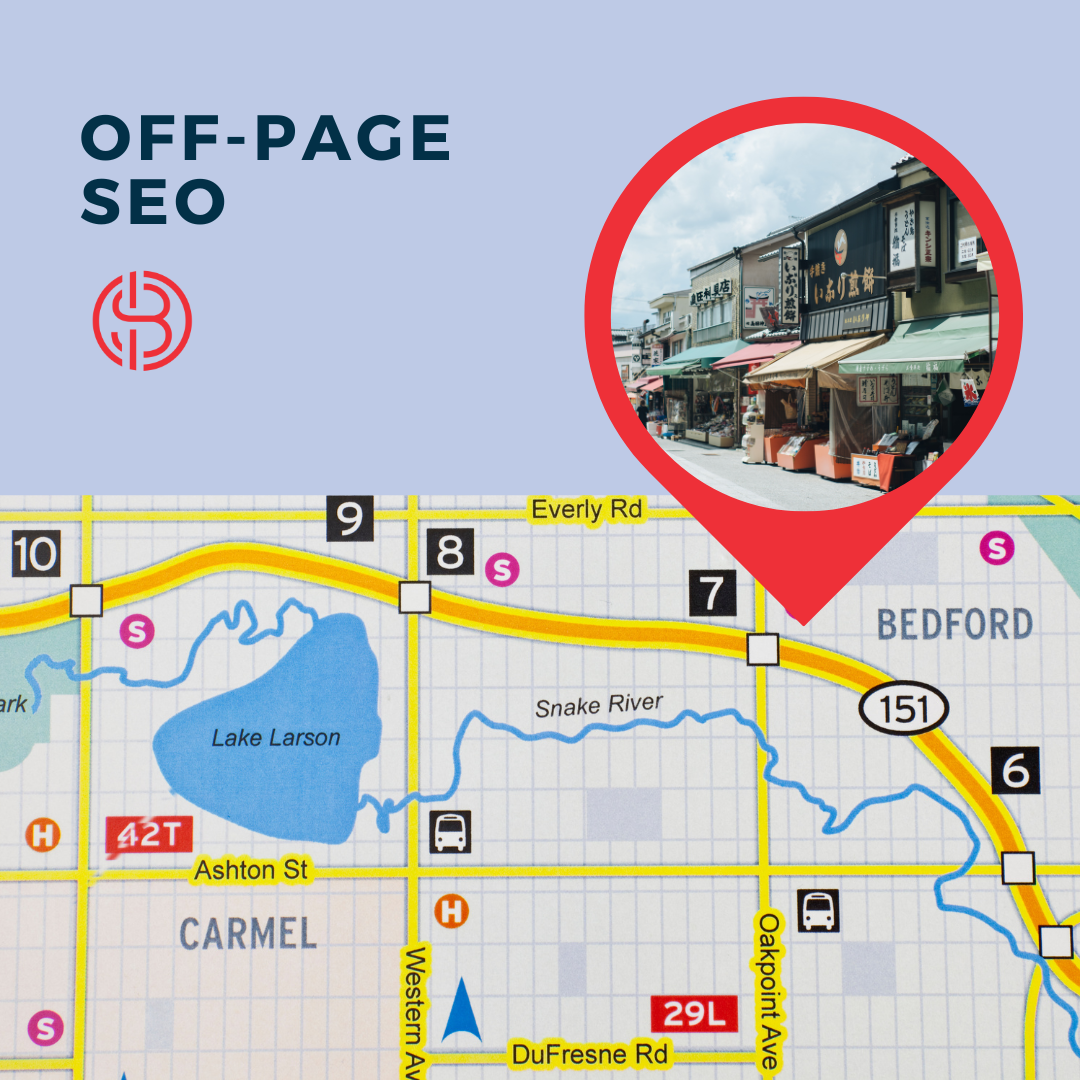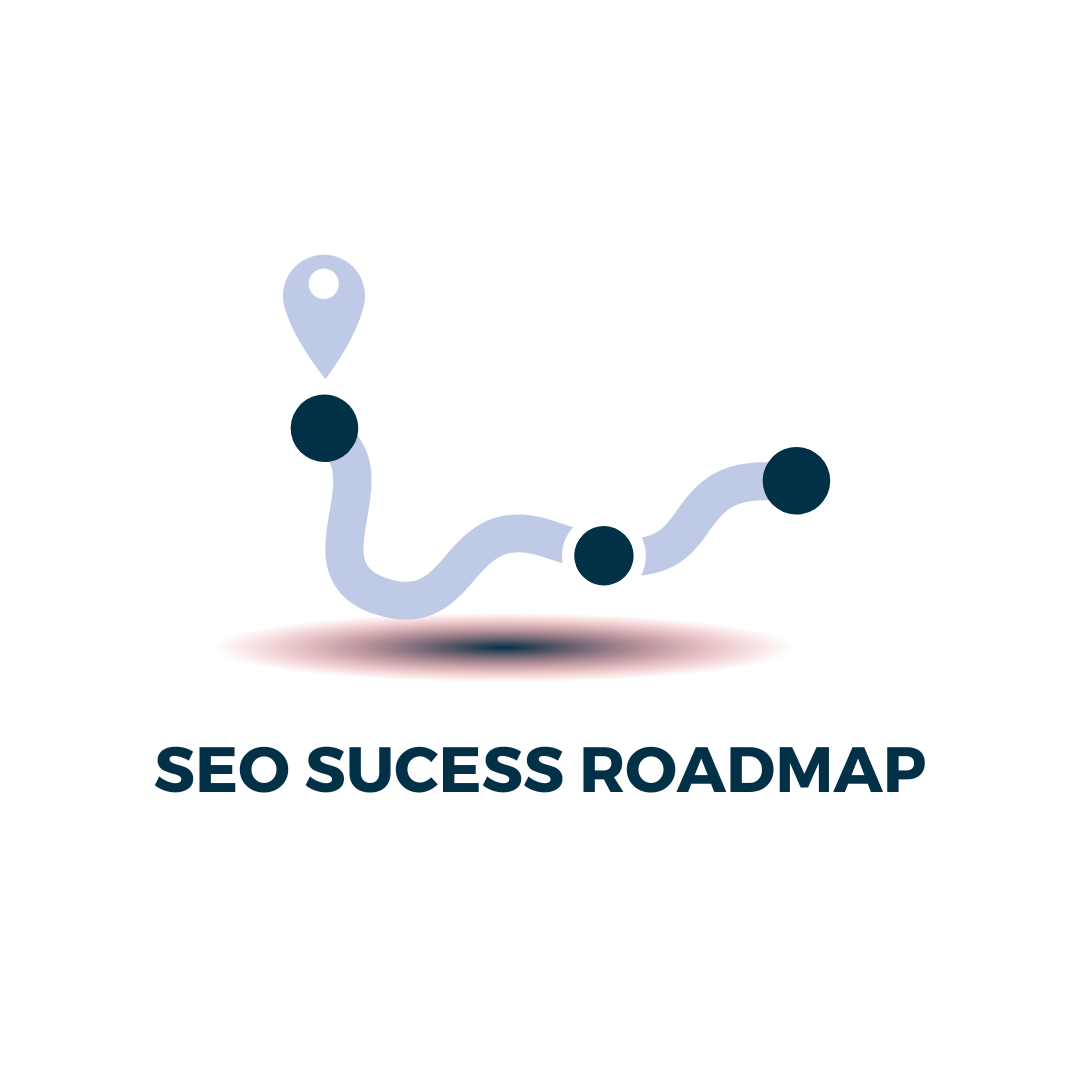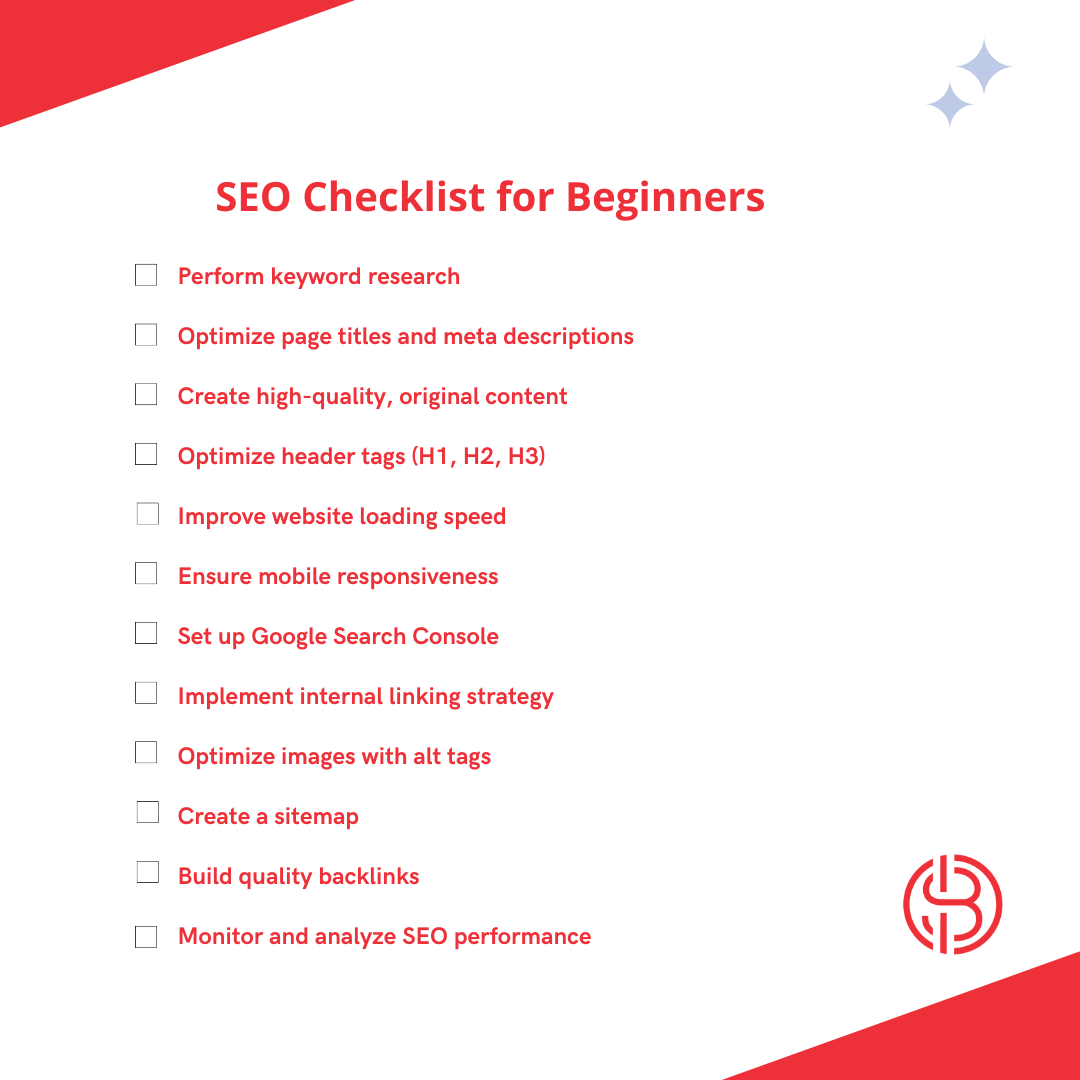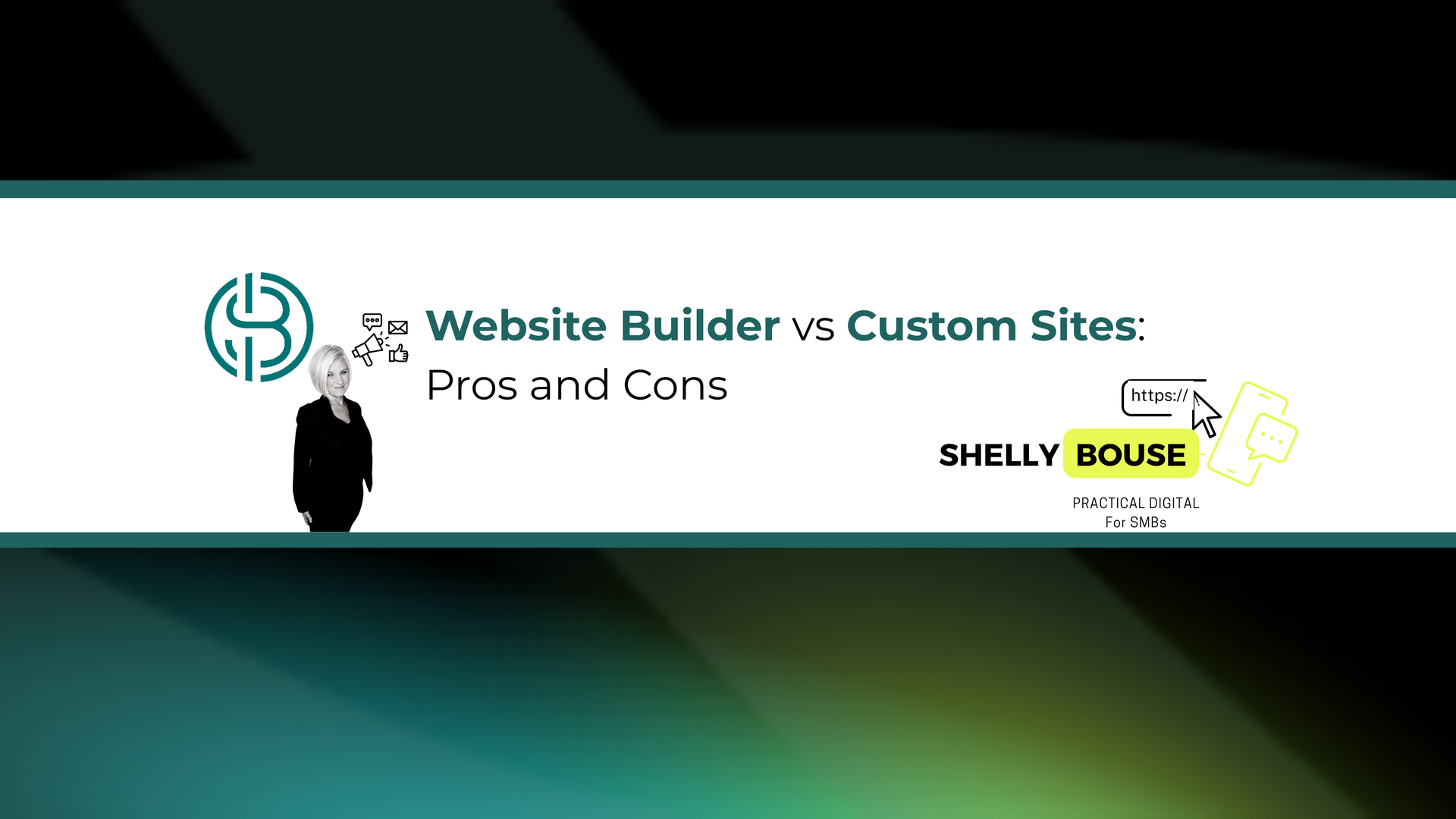Easy SEO Tips for Beginners
Shelly Bouse • April 14, 2025
Unlock the Secrets of SEO: A Beginner's Guide to Dominating Search Results
Welcome, digital explorers! You're about to embark on an exciting journey into the world of
Search Engine Optimization (SEO).
Buckle up, because by the end of this guide, you'll be armed with the knowledge to skyrocket your website's visibility and leave your competitors in the dust.
Imagine your website as a hidden treasure chest in the vast ocean of the internet. SEO is your treasure map, guiding curious searchers straight to your digital doorstep. It's not just about being found; it's about being found by the right people at the right time.
Why SEO Matters: Your Digital Golden Ticket
Imagine your website as a hidden treasure chest in the vast ocean of the internet. SEO is your treasure map, guiding curious searchers straight to your digital doorstep. It's not just about being found; it's about being found by the right people at the right time.
The SEO Trifecta: On-Page, Off-Page, and Technical
On-Page SEO: Polishing Your Digital Storefront
Think of on-page SEO as dressing your website in its Sunday best. It's all about making your content irresistible to both search engines and human visitors.
Key strategies include :
- Crafting magnetic headlines
- Sprinkling relevant keywords (but not too many!)
- Creating valuable, shareable content
Off-Page SEO: Building Your Online Street Cred
Off-page SEO is like getting a glowing recommendation from the cool kids. It's about building relationships and earning respect in the digital neighborhood.
Focus on:
- Earning quality backlinks
- Engaging on social media
- Leveraging local SEO for brick-and-mortar businesses


Technical SEO: Tuning Your Website's Engine
Technical SEO is the behind-the-scenes magic that keeps your website running smoothly. It's the difference between a sports car and a clunker in the digital fast lane. Don't neglect:
- Mobile optimization
- Page speed improvements
- Secure connections (HTTPS)
SEO vs. PPC: The Tortoise and the Hare of Digital Marketing


Your Step-by-Step SEO Success Roadmap
Implementing SEO strategies can seem overwhelming, especially for beginners. However, with the right guidance, anyone can successfully implement SEO techniques. Here is a beginner's guide to implementing SEO:
- Understand SEO Fundamentals: Familiarize yourself with the basics of SEO, including how search engines work, keyword research, and on-page and off-page optimization.
- Identify Your Target Audience: Determine who your target audience is and conduct keyword research to identify the most relevant keywords for your business.
- Develop an SEO Strategy : Create a step-by-step plan for implementing SEO techniques, including on-page optimization, off-page optimization, and technical optimization.
By following this beginner's guide, you can lay the foundation for a successful SEO strategy and improve your website's visibility on search engines.
What You Will Need to Get Started
To get started with SEO, you'll need a few essential tools and resources. Here's what you will need:
- SEO Fundamentals: Familiarize yourself with the basics of SEO by reading guides, blogs, and tutorials. This will help you understand the key concepts and techniques.
- Keyword Research Tool: Use a keyword research tool, such as Google Keyword Planner, to identify relevant keywords for your target audience.
- Google Search Console : Set up a Google Search Console account to monitor your website's performance, track search queries, and identify any issues.
- Target Audience Insights: Conduct market research to gain insights into your target audience's needs, preferences, and search behavior.
By having these tools and resources, you can effectively implement SEO techniques and optimize your website for better search engine rankings.
Step-by-Step Guide to Applying SEO Techniques
Implementing SEO techniques requires a systematic approach. Here is a step-by-step guide to applying SEO techniques:
Step 1: Technical Optimization:
- Optimize your website's loading speed by compressing images and minifying code.
- Ensure that your website is mobile-friendly and responsive.
- Set up a sitemap and submit it to search engines.
Step 2: On-Page Optimization :
- Conduct keyword research and identify relevant keywords for your target audience.
- Optimize your website's content, including meta tags, headings, and URL structures, with targeted keywords.
- Improve the user experience by optimizing page titles, headers, and internal linking.
Step 3: Off-Page Optimization:
- Build high-quality backlinks from reputable websites through guest blogging and content promotion.
- Engage with your audience on social media platforms to increase brand visibility and attract more traffic.
By following these step-by-step SEO techniques, you can improve your website's visibility and attract more organic traffic.
Step 1: Keyword Research and Selection
Keyword research is a crucial first step in implementing SEO techniques. Here's how to conduct keyword research and select the most relevant keywords for your website:
- Identify Your Target Audience: Determine who your target audience is and understand their search behavior and preferences.
- Keyword Research Tools: Use keyword research tools, such as Google Keyword Planner or SEMrush, to find relevant keywords related to your business.
- Search Volume Analysis: Analyze search volumes for different keywords to determine their popularity and competition.
- Long-Tail Keywords: Consider targeting long-tail keywords, which are more specific and have lower competition.
- Target Keywords: Select a mix of high-volume and low-competition keywords that are most relevant to your target audience.
By conducting thorough keyword research and selecting the most relevant keywords, you can optimize your website's content and improve its visibility on search engine results pages.
Step 2: Creating SEO-Friendly Content
Creating SEO-friendly content is essential for improving your website's search engine rankings. Here are some key tips for creating SEO-friendly content:
- Understand Your Target Audience: Develop a deep understanding of your target audience's needs, preferences, and search behavior.
- Relevant and Valuable Content: Create content that is relevant, valuable, and addresses your audience's pain points.
- Keyword Optimization: Incorporate relevant keywords naturally throughout your content, including in headings, subheadings, and paragraphs.
- Engaging User Experience: Provide a seamless user experience by using easy-to-read formatting, including bullet points, subheadings, and relevant images or videos.
- Regularly Update Content : Keep your content fresh and up-to-date by regularly adding new information or optimizing existing content.
By creating SEO-friendly content, you can improve your website's visibility and attract more organic traffic.
Step 3: On-Page Optimization Techniques
On-page optimization techniques are crucial for improving your website's search engine rankings. Here are some key on-page optimization techniques:
- Meta Tags : Optimize your meta title and description tags with relevant keywords and compelling descriptions to attract users to click on your website.
- Header Tags : Use header tags (H1, H2, H3, etc.) to structure your content and make it more readable for both users and search engines.
- URL Structure : Use descriptive and keyword-rich URLs for your webpages to make them more search engine friendly.
- Image Optimization: Optimize your images by using descriptive alt tags and compressing them to improve page load speed.
- Internal Linking: Include internal links within your content to provide additional context and improve navigation for users and search engines.
By implementing these on-page optimization techniques, you can improve your website's visibility and attract more organic traffic.
Step 4: Link Building Basics
- High-Quality Backlinks: Focus on acquiring high-quality backlinks from authoritative websites in your industry. This can be done through guest blogging, content promotion, and building relationships with other website owners.
- Natural Link Profile: Aim for a diverse and natural link profile, with a mix of anchor texts and links from different sources.
- Internal Linking: Incorporate internal links within your content to provide additional context and improve navigation for users and search engines.
- Monitor Backlinks : Regularly monitor your website's backlinks and disavow any low-quality or spammy links that may negatively impact your website's ranking.
By implementing these link building basics, you can improve your website's reputation and authority, leading to higher search engine rankings and increased organic traffic.
Step 5: Monitoring Your SEO Progress
Monitoring your SEO progress is crucial for understanding the effectiveness of your optimization efforts. Here are some key steps for monitoring your SEO progress:
- Set Up Web Analytics: Use web analytics tools, such as Google Analytics, to track and analyze your website's performance, including traffic sources, user behavior, and conversions.
- Track SEO Metrics: Monitor key SEO metrics, such as organic search traffic, keyword rankings, and backlink profile, to assess the impact of your optimization efforts.
- Analyze Competitors: Keep an eye on your competitors' rankings and SEO strategies to identify opportunities and stay ahead in your industry.
- Adjust and Refine: Regularly assess your SEO performance and make necessary adjustments to your optimization strategies based on the data and insights gathered.
By monitoring your SEO progress, you can identify areas for improvement and make informed decisions to drive better results.

Common SEO Mistakes to Avoid
- Overusing Keywords: Keyword stuffing or excessive use of keywords can harm your website's credibility and user experience.
- Ignoring Mobile Optimization: With the increasing use of mobile devices, neglecting mobile optimization can lead to a poor user experience and lower search engine rankings.
- Neglecting Website Speed: Slow-loading websites can lead to higher bounce rates and lower search engine rankings.
- Lack of Quality Content: Thin content or copied content can harm your website's visibility and reputation.
By avoiding these common SEO mistakes, you can ensure that your website is optimized for search engines and provides a positive user experience.
Overusing Keywords
One common SEO mistake to avoid is overusing keywords, also known as keyword stuffing. Keyword stuffing refers to the excessive use of keywords in an attempt to manipulate search engine rankings. Here's why you should avoid overusing keywords:
- Search Algorithms: Search engines have become smarter in identifying keyword stuffing and penalize websites that engage in this practice.
- User Experience: Overusing keywords can lead to poor user experience as the content may become unnatural and difficult to read.
- Relevance: Instead of focusing solely on keyword density, create content that is relevant, valuable, and provides a comprehensive answer to users' queries.
By avoiding keyword stuffing and focusing on creating high-quality, relevant content, you can improve your website's search engine rankings and provide a better user experience.
Ignoring Mobile Optimization
Ignoring mobile optimization is another common SEO mistake to avoid. With the increasing use of mobile devices, it's essential to ensure that your website is mobile-friendly. Here's why mobile optimization is important:
- User Experience: A mobile-friendly website provides a better user experience, leading to longer visit durations and lower bounce rates.
- Google Mobile-First Index : Google now prioritizes the mobile version of websites for indexing and ranking purposes. Ignoring mobile optimization can lead to lower search engine rankings.
- Mobile Traffic: A significant portion of website traffic comes from mobile devices. Neglecting mobile optimization means missing out on potential visitors and customers.
By making your website mobile-friendly and optimizing it for various screen sizes, you can improve your search engine rankings and provide a seamless user experience.
Advanced SEO Tips and Tricks
- Leveraging Local SEO for Greater Visibility: If you have a local business, optimizing your website for local search can help attract more local customers.
- Understanding the Role of Analytics in SEO: Analyzing SEO metrics and user behavior can provide valuable insights for refining your optimization strategies.
- Exploring Video and Image Search: Optimizing your videos and images can help improve your website's visibility in video and image search results.
By implementing these advanced SEO tips and tricks, you can take your website's optimization to the next level and drive even better results.
Leveraging Local SEO for Greater Visibility
- Create a Google Business Profile : Claim your business on Google Business and provide accurate and up-to-date information about your business including address, phone number, and business hours.
- Local Keyword Optimization: Optimize your website's content with local keywords to improve its visibility in local search results.
- Online Reviews: Encourage your customers to leave reviews on platforms like Google, Yelp, and Facebook. Positive reviews can improve your local search rankings and attract more customers.
By implementing these local SEO techniques, you can increase your visibility in local search results and attract more targeted customers to your business.
Understanding the Role of Analytics in SEO
- Web Analytics: Tools like Google Analytics provide insights into your website's traffic sources, user behavior, and conversions, allowing you to track the performance of your SEO efforts.
- SEO Performance Metrics: By tracking key SEO metrics, such as organic search traffic, keyword rankings, and backlink profile, you can assess the impact of your optimization strategies and make necessary adjustments.
- User Behavior Analysis: Analyzing user behavior, such as bounce rate and time spent on page, can provide insights into the effectiveness of your website's content and user experience.
By leveraging analytics, you can gain valuable insights into your SEO performance and make data-driven decisions to improve your website's visibility and attract more organic traffic.
In the realm of SEO, mastering the basics is key. By understanding how search engines work and implementing on-page, off-page, and technical SEO strategies, you can significantly enhance your online presence. Remember to steer clear of common mistakes like keyword stuffing and neglecting mobile optimization. Dive into advanced tactics such as leveraging local SEO and analyzing data to refine your strategy further. With persistence and a well-rounded approach, even beginners can navigate the dynamic world of search engine optimization effectively. Keep learning, adapting, and monitoring your progress to achieve sustainable growth in website traffic and visibility.
FAQs: Your Burning SEO Questions Answered
How long does it take to see results from SEO?
SEO is a long-term game. While you might see some improvements in a few months, significant results typically take 6-12 months. Patience and consistency are key!
Can I do SEO myself, or do I need to hire an expert?
You can absolutely start SEO yourself! There are plenty of resources available for beginners. However, as your needs grow more complex, consulting with an expert can provide valuable insights and save you time.
How often should I update my website's content for SEO?
Regularly! Search engines love fresh, relevant content. Aim to update your core pages at least quarterly and publish new content (like blog posts) weekly or bi-weekly if possible.
What's the most important SEO factor to focus on?
While there's no single "most important" factor, high-quality, relevant content is the foundation of good SEO. Focus on creating value for your users, and many other SEO elements will fall into place.
How do I know if my SEO efforts are working?
Track key metrics like organic traffic, keyword rankings, and conversion rates. Tools like Google Analytics and Google Search Console are invaluable for monitoring your SEO performance.
Remember, SEO is an ongoing process, not a one-time task. Stay curious, keep learning, and watch your website climb the ranks!
Need expert guidance on your SEO journey? Contact us for a personalized SEO strategy tailored to your business goals.











